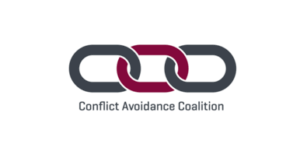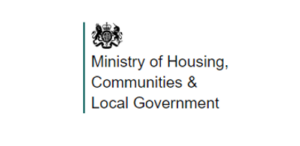Construction Product Availability: 24 January 2023
Statement from John Newcomb, CEO of the Builders Merchants Federation and Peter Caplehorn, CEO of the Construction Products Association, co-chairs of the Construction Leadership Council’s Product Availability working group
The new year has started in much the same way as the last one finished, with product availability continuing to improve for almost all products and in all regions. This is, in part, due to a reduced level of activity, with poor weather and a delayed return to sites after the Christmas break contributing to a slow start to 2023.
For some, there remains an ongoing problem in relation to gas boilers and M&E products, where the issue is the global supply chain for semi-conductors rather than the UK supply chain.
In some regions, bricks, blocks and roof tiles remain on allocation, but with manufacturers managing deliveries and builders’ merchants adjusting to the situation and carrying extra stock, the majority of end-users are not experiencing shortages. Brick stocks are also increasing, and a new plant will come on stream in 2024.
Price inflation has also stabilised. Timber prices have continued to fall but are expected to increase in Q2 as European mills are reducing production over winter. The price of some energy intensive products, such as bricks, cement and PIR insulation, increased by around 10% in January due to energy and distribution costs. However, with continuing economic uncertainty, some suppliers have deferred price increases, but with general inflation still above 10%, these are likely to be implemented by Q2.
The electro-technical sector is reporting delays for solar products (including inverters, batteries and mounting systems), and also the supply of EV chargers is an increasingly problematic area. Following regulatory changes in December 2022, manufacturers have updated their products or are granted an Enforcement Undertaking by the Office for Product Safety and Standards (OPSS) which allows them to continue to trade while they work towards product compliance. There is a fear that cheap imports which are not compliant with the latest regulations may reach the market. Installers should check the provenance with their wholesalers and request a Statement of Compliance and, if applicable, an Enforcement Undertaking.
Shipping costs from the Far East have vastly improved, with container costs dropping nearly 80% from last year’s high now nearing pre-Covid levels. However, a surge in Covid in China is affecting all points of the supply chains there. These problems are expected to continue through the Chinese New Year, with most factories closing from 16-29 January.
Looking further ahead there is considerable uncertainty forecasting demand for the coming year particularly for domestic RMI work and increasingly for new housing, where higher mortgage rates and the end of the Help to Buy scheme at the end of March are expected to slow new sales. Other areas, however, continue to see strong demand, particularly for industrial, commercial, infrastructure and government projects.





